History

History
The McConnell Foundation was founded in 1937 by John Wilson McConnell. This page provides a glimpse of his life, the origins of the Foundation and key milestones.
John Wilson McConnell is born
John Wilson McConnell was born in Muskoka, Ontario, in 1877, the youngest of seven children. His parents emigrated to Canada from Ireland in 1863, seeking to make a new life for their family.
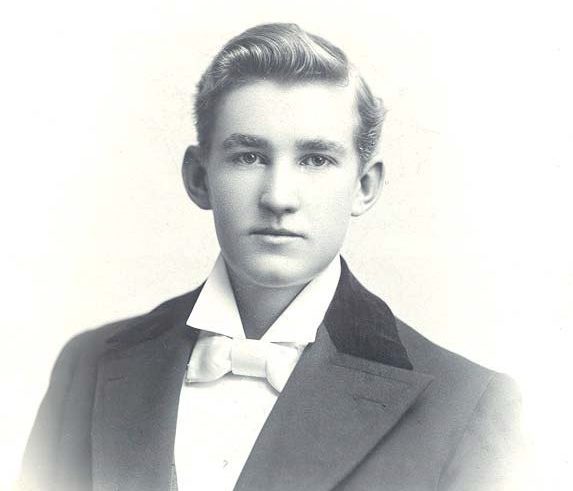
The J.W. McConnell family
J.W. McConnell's family, prompted by the failure of their Muskoka farm, moved to Toronto. McConnell worked as a delivery boy, and later as a bookkeeper.
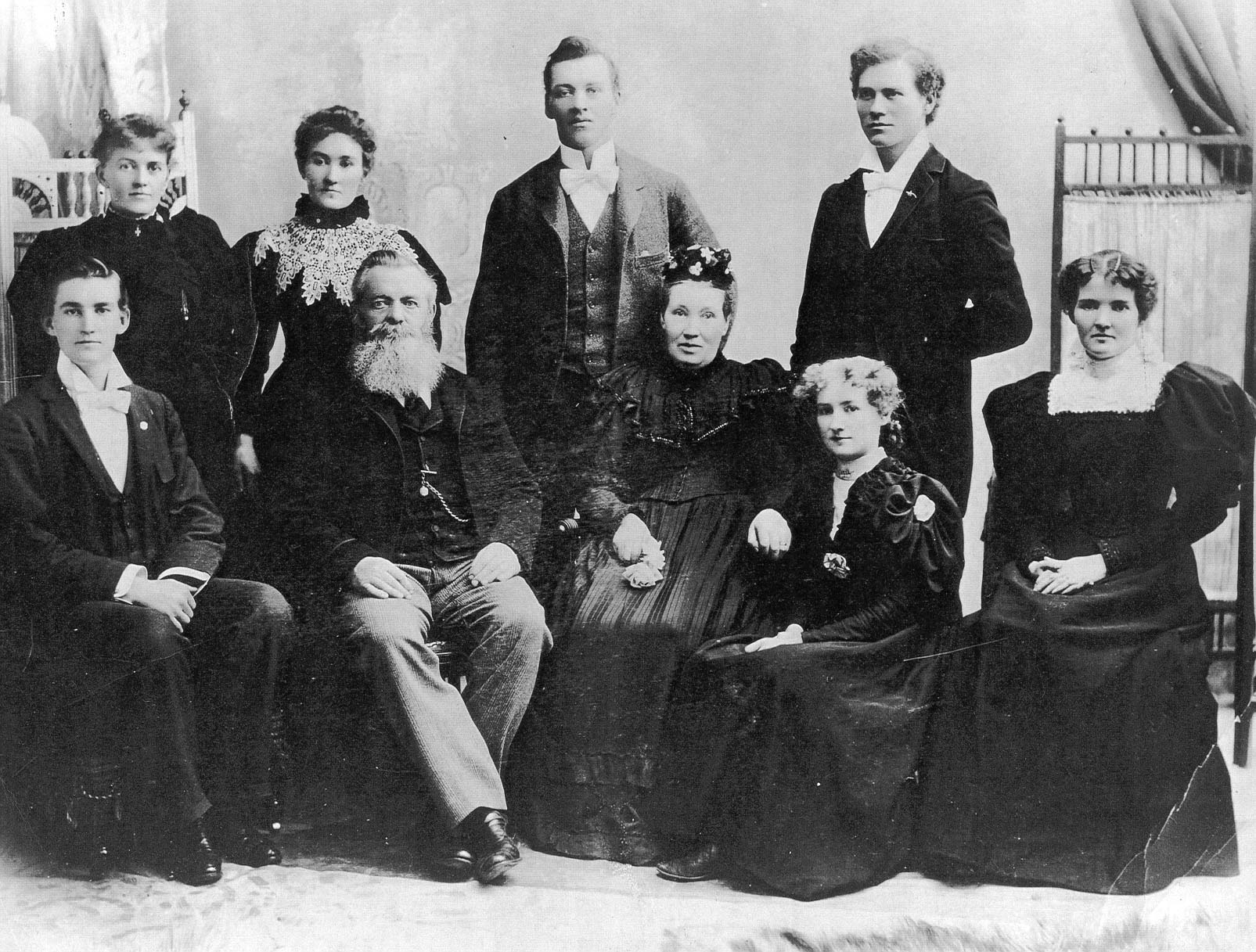
J.W. McConnell joins the Standard Chemical Company
J.W. McConnell joined the Standard Chemical Company, and moved to Montreal a year later to establish its office there. Upon arrival in Montreal, he roomed at the YMCA. Within a year, he was selling the company's shares in Europe, which gave him a facility for brokering relationships that formed the basis for the financial success that characterized the rest of his life.
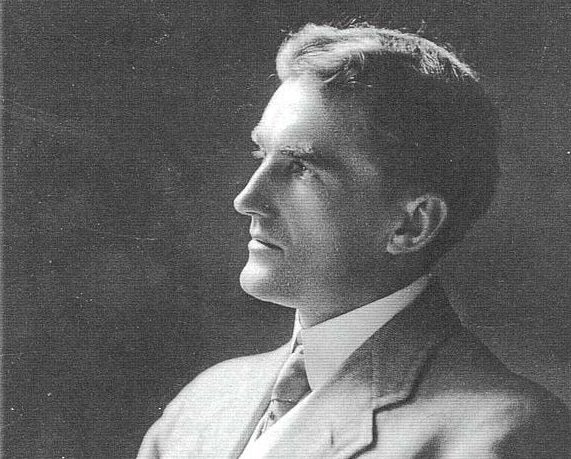
J.W. McConnell becomes a regular and generous contributor
J.W. McConnell became a regular and generous contributor to several major Montreal institutions, notably McGill University, the Royal Victoria and Montreal General hospitals, and the YMCA. He also assisted several churches (Catholic and Protestant), youth initiatives, missions, and individuals — both English and French-speaking. His contributions were often anonymous.
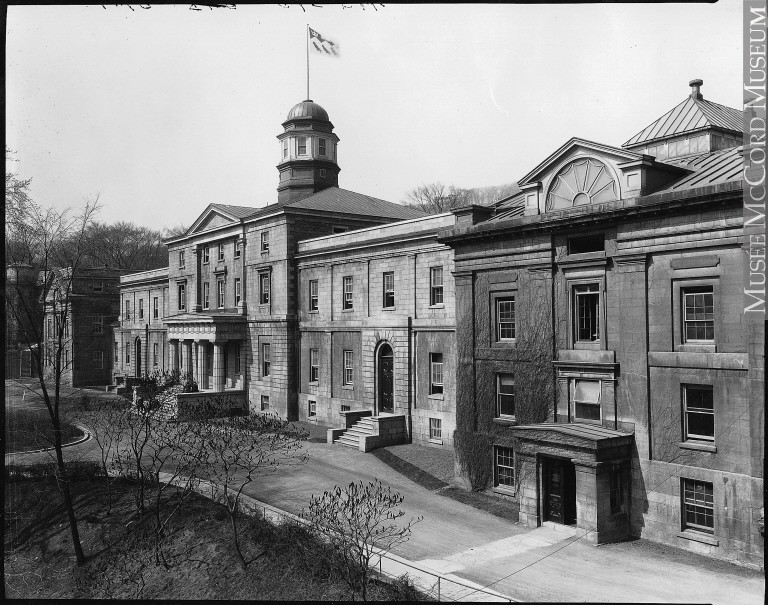
J.W. McConnell's chief interests
J.W. McConnell was involved in numerous businesses. His chief interests in his early years were Goodwin's department store (later sold to Eaton's), the Borden Company of Canada, Ogilvie Flour Mills, Inco, Brazilian Traction (later Brascan), Canadian International Paper, and the St. Lawrence Sugar Co., of which he was president from 1914. By 1920, he was one of the wealthiest people in Canada.
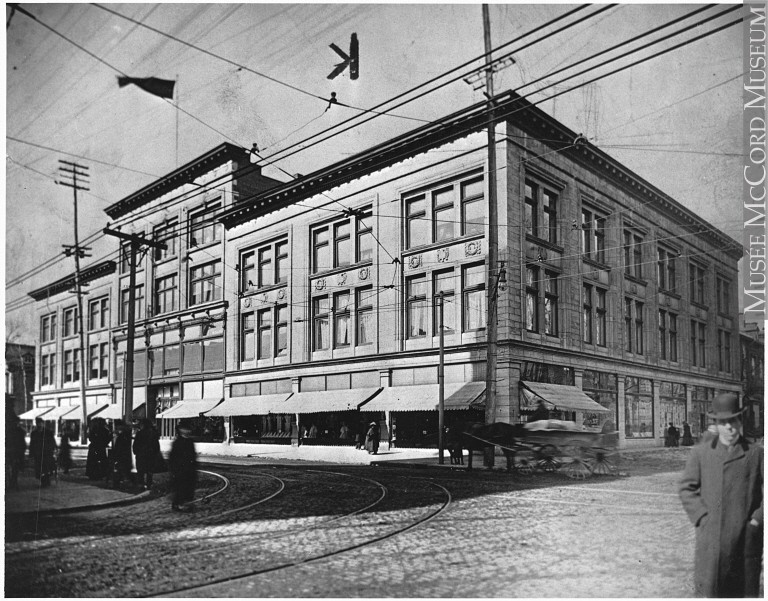
The McConnell Foundation is established
The McConnell Foundation was established, the second family foundation created in Canada, following the Massey Foundation. Run by J.W. McConnell with the help of a secretary, early funding reflected his long-standing interests and commitments, including McGill University and its affiliated hospitals (notably the Montreal Neurological Institute), the YMCA, Salvation Army, Old Brewery Mission, the Victorian Order of Nurses, and a number of churches and agencies caring for Montrealers in need.
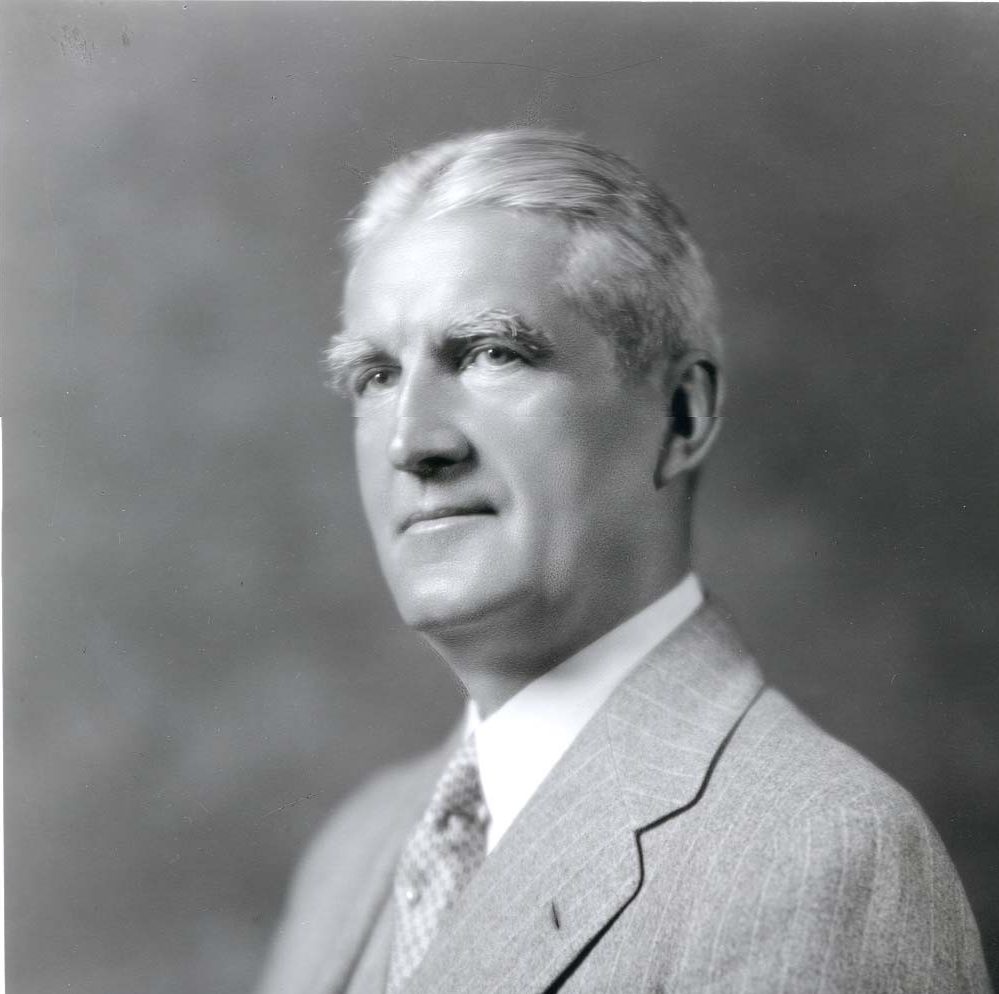
Canadian Patriotic War Fund and the Victory Loan campaigns
During the First and Second World Wars, J.W. McConnell was a tireless fundraiser and an instrumental figure behind a number of successful war efforts, including the Canadian Patriotic War Fund and the Victory Loan campaigns.

J.W. McConnell passes away
J.W. McConnell passes away. Prime Minister Lester B. Pearson observed: “Mr. McConnell was a man of large spirit, great generosity, and above all, abiding Canadianism.”
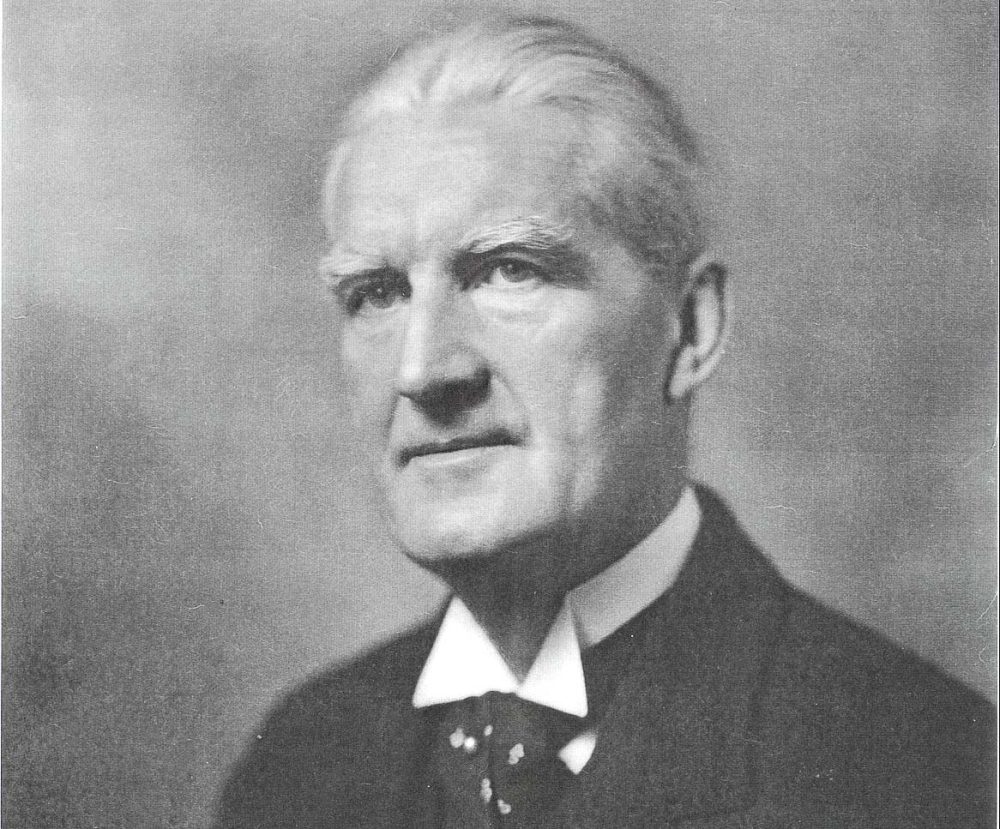
Total grants made by the Foundation pass the $100-million mark
Total grants made by the Foundation passed the $100-million mark. The Foundation was a mainstay for many important health, educational, and cultural organizations in Montreal, and supported innovative programs such as the pioneering Palliative Care Centre at the Royal Victoria Hospital.
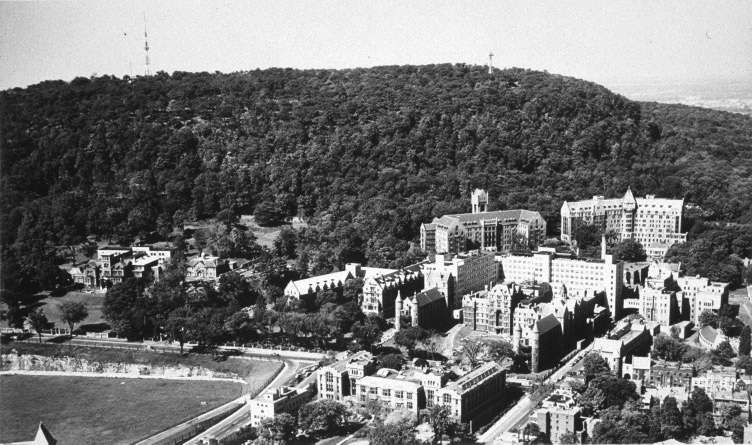
The Foundation’s focus expands to include all of Canada
After more than four decades of work centred on Montreal, the Foundation’s focus expanded to include all of Canada. We supported influential research into early childhood development, the major expansion of the McCord Stewart Museum, and granted to numerous postsecondary and health care foundations, as well as youth-serving organizations like the YMCA.

Tim Brodhead becomes President
Tim Brodhead became the first non-family member to be named President. While continuing to respond to requests for funding, during Brodhead’s term the Foundation began to initiate its own programs, often engaging intermediaries to administer them.
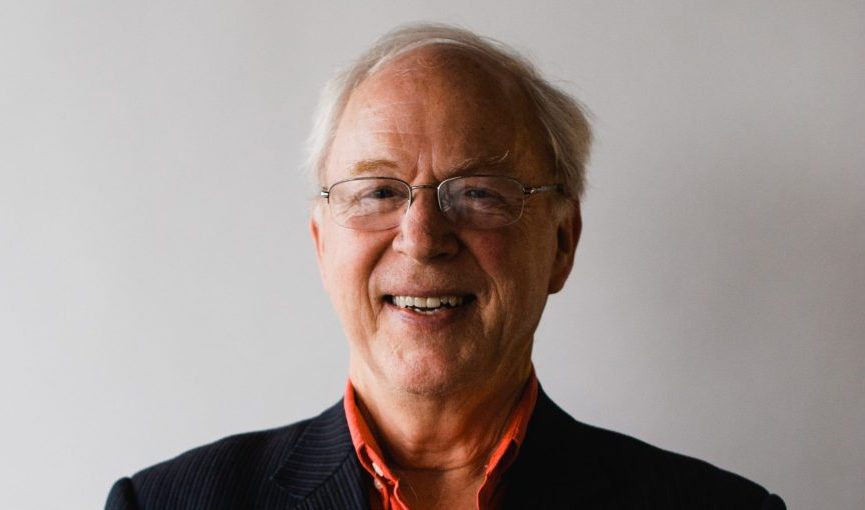
Early national initiatives (1996–2016)
Starting in the mid-1990s, the Foundation created and managed several national initiatives across multiple domains, including strengthening the community sector, youth, social inclusion, and the environment. Despite the diversity of their sectors and approaches, all aimed to increase resilience and inclusion in communities across the country. Initiatives from this period included environmental programs, ArtsSmarts, CEDTAP, Supporting Family Caregivers, GreenStreet, Vibrant Communities, Community Service Learning, ALLIES, and Sport for Development. Combined, funding for these initiatives totalled over $65 million. See our past initiatives.

Funding in reconciliation begins
The Foundation first began funding reconciliation activities in 2003. It started with the First Nations Child and Family Caring Society’s Caring Across the Boundaries, an initiative that fostered partnerships between First Nations’ communities and voluntary sector agencies, bringing outside support to communities on communities’ terms. This funding helped to launch our reconciliation journey, which has expanded through our work with partners in communities across Turtle Island. As an organization we have also taken steps to gain a deeper understanding of the realities faced by First Nations, Métis and Inuit peoples in Canada.

Early-stage impact investing (2007–2010)
We began our impact investing journey with early investments in clean energy, sustainable food systems and fair trade. The Board approved allocating 10% of our endowment to impact investing, which we achieved in 2018. Over the course of 15 years, we formalized our investing approach with many partners accessing capital through Mission-Related Investments and Program-Related Investments. Learn more about how we invest for impact.
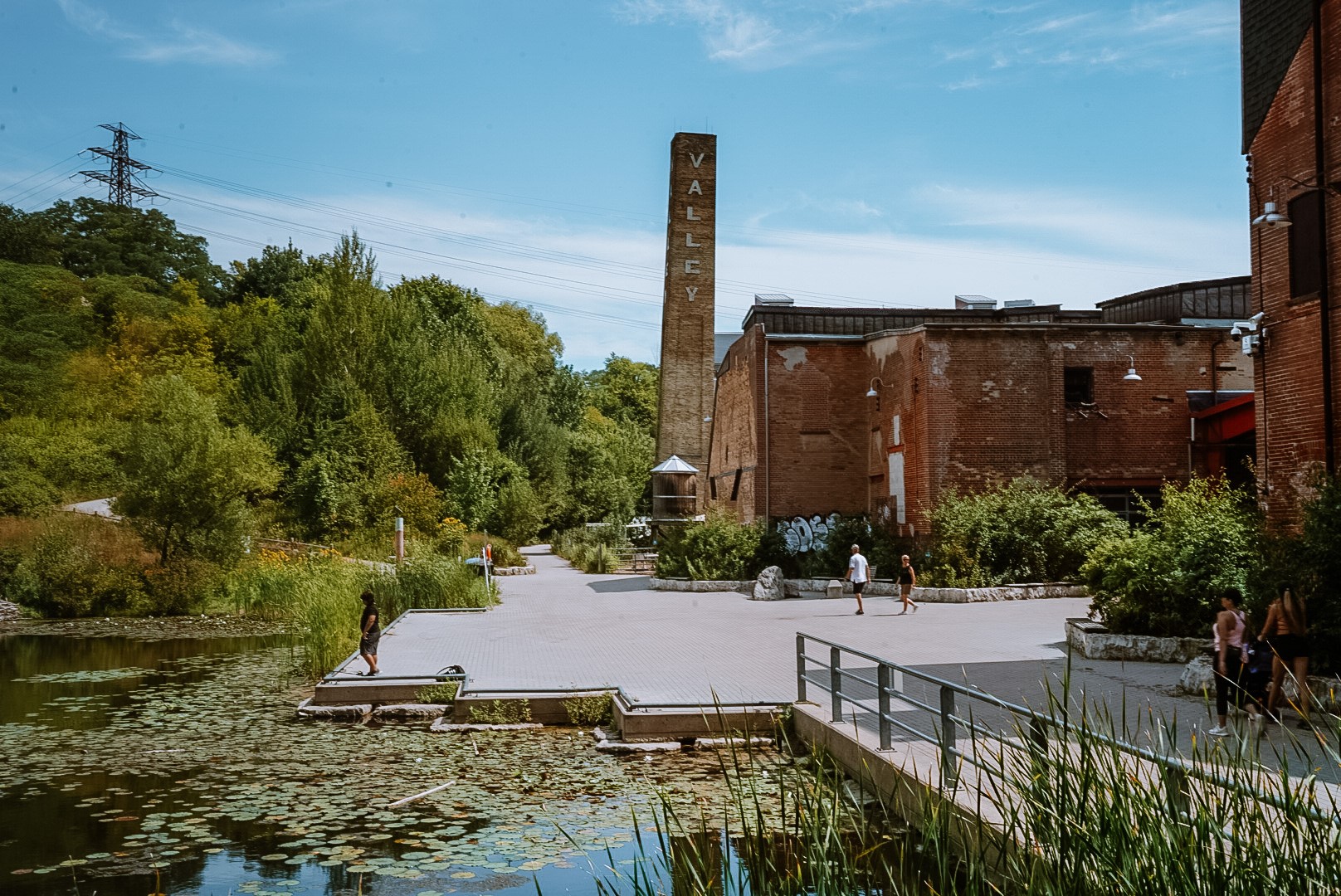
Social Innovation Generation (SiG)
Social Innovation Generation (SiG), was founded with a mission to create a culture of continuous social innovation in Canada. For 10 years, SiG celebrated social innovators and social entrepreneurs around the world, working to highlight the creativity and determination of non-profits and businesses that are devoted to transformation. The initiative ended in 2017, totalling $27.5 million in funding. Learn more.

Major Initiatives (2010–2021)
For just over a decade, the Foundation managed five major initiatives aimed at contributing to diverse and innovative approaches to address community resilience, reconciliation, and climate change. The initiatives took a systems change approach, using a mix of funding, social innovation approaches, convening and multi-sectoral partnerships to tackle the root causes of complex challenges. Initiatives from this period include; Sustainable Food Systems, Cities for People, the McConnell Reconciliation Initiative, Renew, Re-Code, and WellAhead. The combined funding for these initiatives totalled over $72 million. See our past initiatives.

Stephen Huddart appointed President
The Board appointed Stephen Huddart as the Foundation’s President and CEO. Huddart first joined the Foundation in 2003 as a Senior Program Officer.
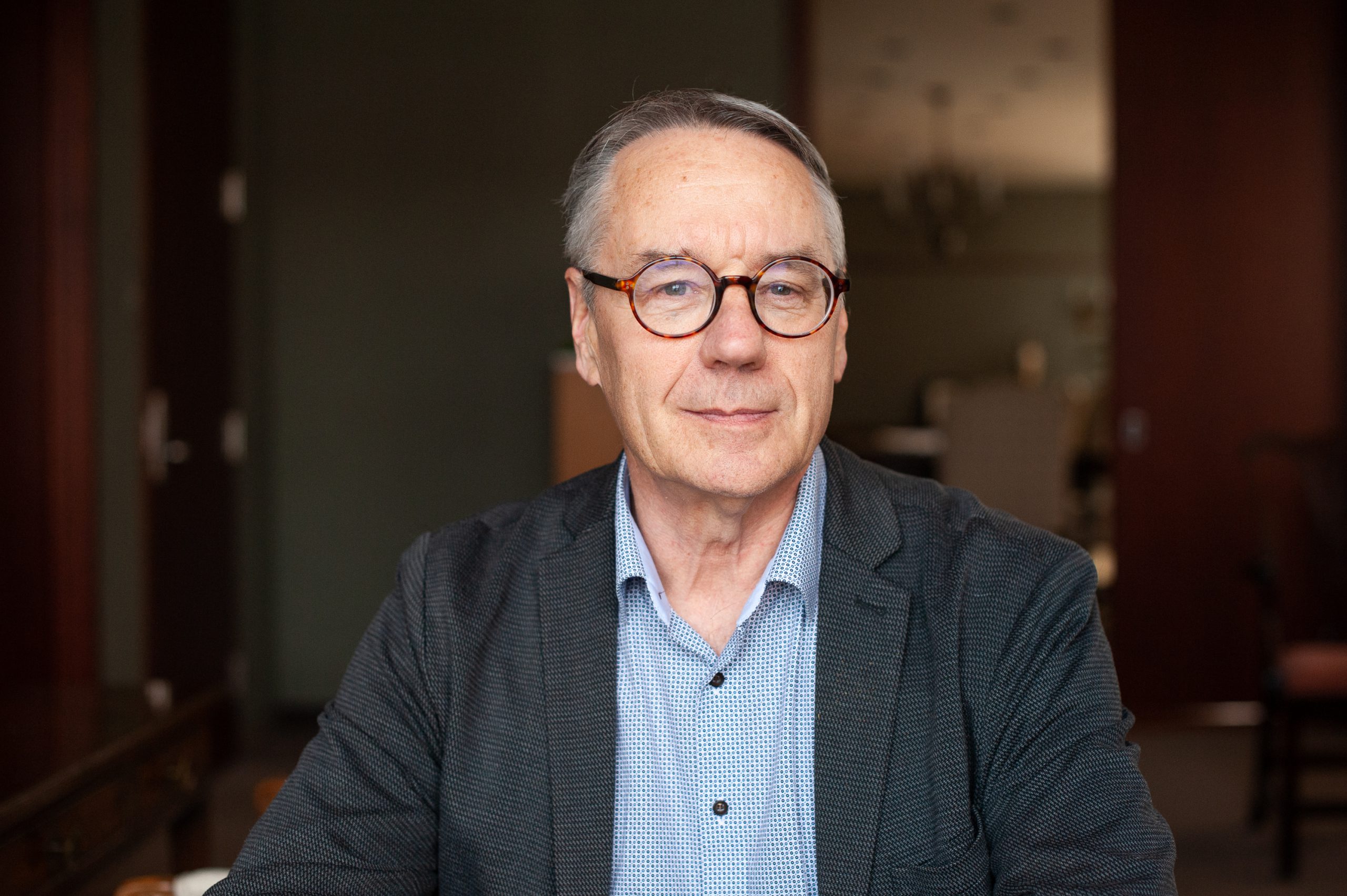
McConnell became signatory of the Philanthropic Community’s Declaration of Action
Coinciding with the Truth and Reconciliation Commission of Canada (TRC) holding its closing events in Ottawa, a group of Canadian philanthropic organizations (The Circle on Philanthropy and Aboriginal Peoples in Canada, Community Foundations of Canada, Philanthropic Foundations Canada, The Counselling Foundation of Canada) prepared The Philanthropic Community's Declaration of Action committing to ensuring that positive action on reconciliation continues. Read the Declaration.
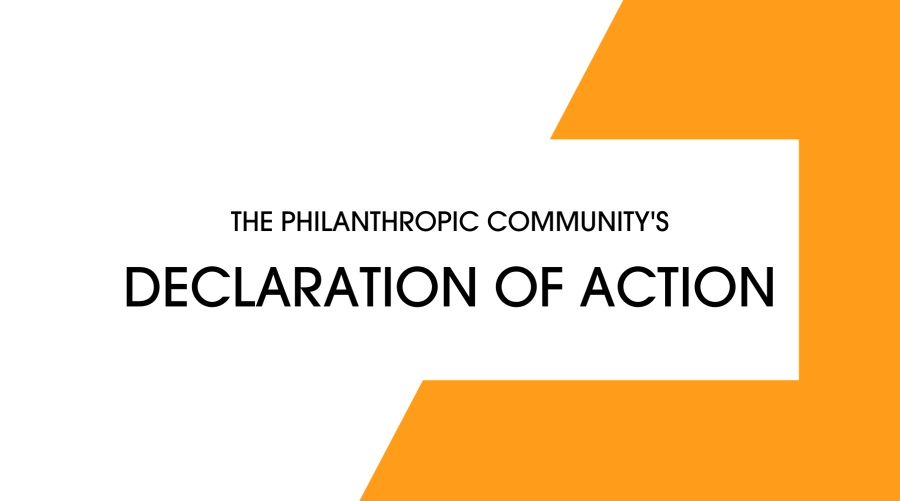
New branding
The J.W. McConnell Family Foundation becomes the McConnell Foundation, with a modernized branding. Our multicolour logo, circular in shape, known as the Hub, is a symbol of McConnell. The Hub is a continuously growing circle with a strong foundation, and an ever-growing and developing outer shell. It is a symbol of our dedication to growth and exploration. The many unique elements of the Hub represent diverse perspectives coming together in unity, but there are pieces missing. These represent the work that remains to be done and the future of our work with our partners.

Our first Impact Investing Report is published
After more than a decade of practice in impact investing, we published our first Impact Investing Report and have continued to do so annually. In 2019, our impact investment portfolio totalled $106 million in commitments and represented 16% of total assets. Find out more.

Lili-Anna Pereša appointed President
The Board appointed Lili-Anna Pereša as the Foundation’s President and CEO. Trained as an engineer, she brings 25 years of experience leading agencies that aim to empower vulnerable populations — including Centraide of Greater Montreal, YWCA of Montreal, the One Drop Foundation, and Amnesty International France. Learn more about Lili-Anna.
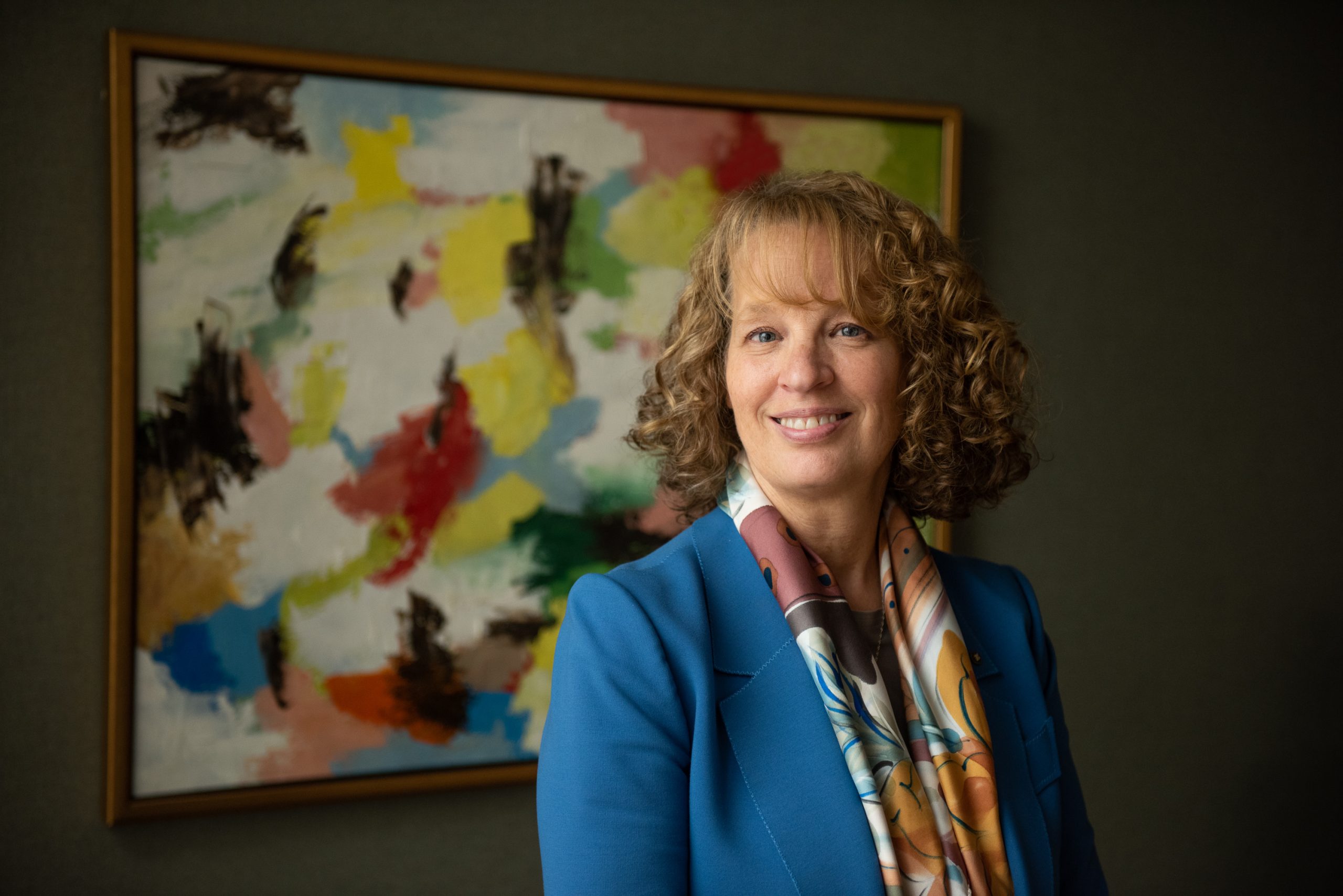
New strategic direction launches
McConnell’s strategic direction was announced, guiding the allocation of resources over the coming decade. The strategy includes support for partners working in our three focus areas: Communities, Reconciliation and Climate. It also reaffirms the Foundation’s commitment to its Montreal roots. Innovative approaches are transitioned and integrated within focus areas.

Our first Year in Review is published
We have committed to publishing annual Year in Review reports with the aim to increase transparency and accountability. These reviews shine a light on the work of our partners and share an overview of our finances, including both our charitable giving and impact investments. Find out more.
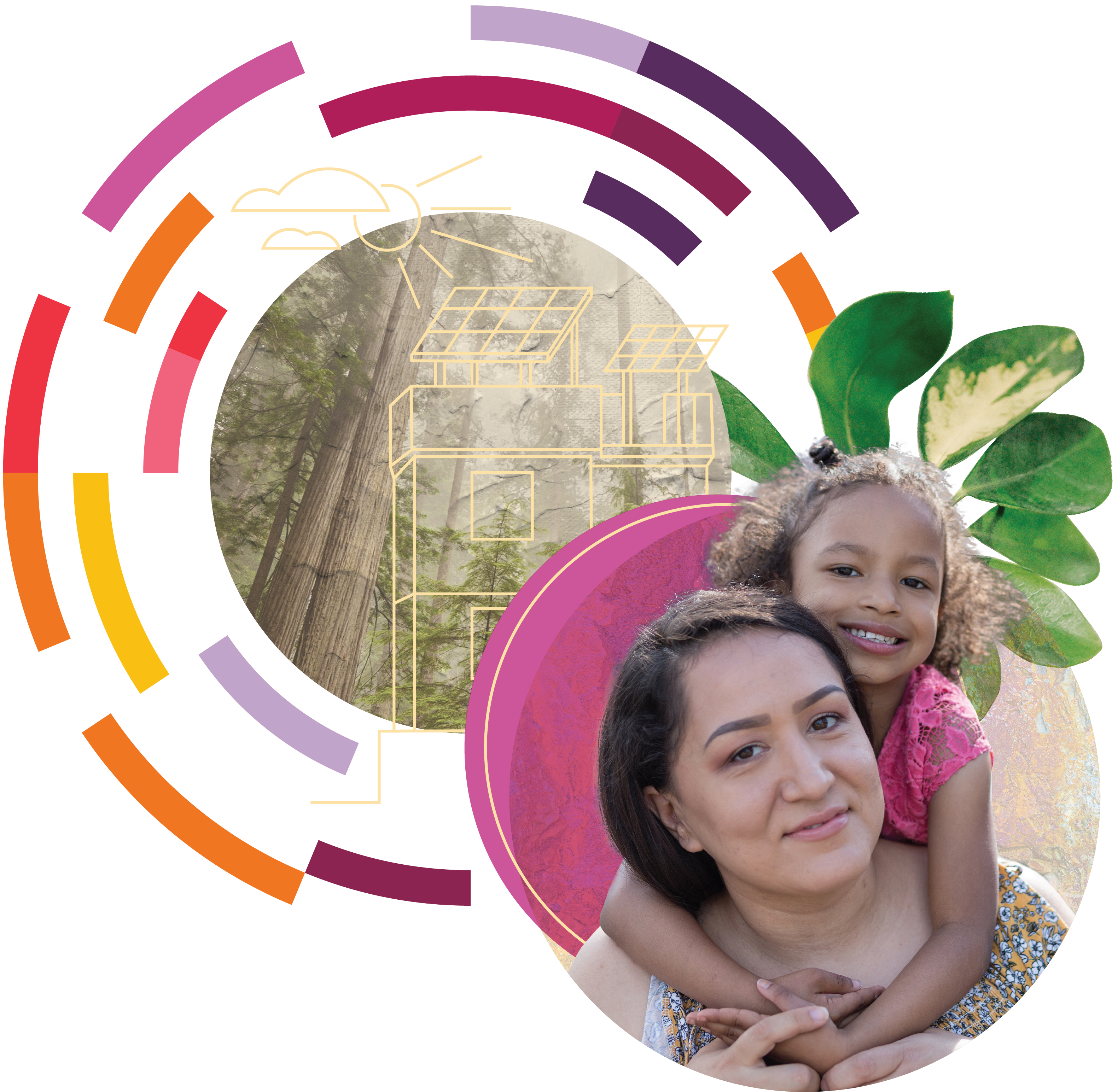
Commitment to 100% impact investing
In recognition that significant public and private capital is necessary to create lasting positive impact in our three focus areas of Communities, Reconciliation and Climate, our Board approved the transition of our endowment towards 100% impact investing over five years. By 2028, we will deploy the entirety of our endowment in the form of charitable funding and investments that generate measurable, intentional positive impact in our communities and for the environment.
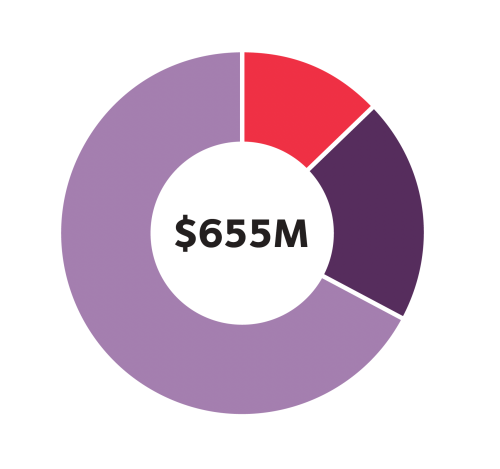
Commitment to transfer $30 M in capital to Indigenous-led foundations
To mark our 20-year anniversary working in reconciliation and collaborating with Indigenous partners, the McConnell foundation committed to $30 M in capital transfers to community-focused Indigenous-led foundations. This decision builds on our learning from working with our partners and is part of our ongoing commitment to shift resources and decision-making into the hands of the people best placed to support Indigenous communities coast to coast to coast. Find out more.
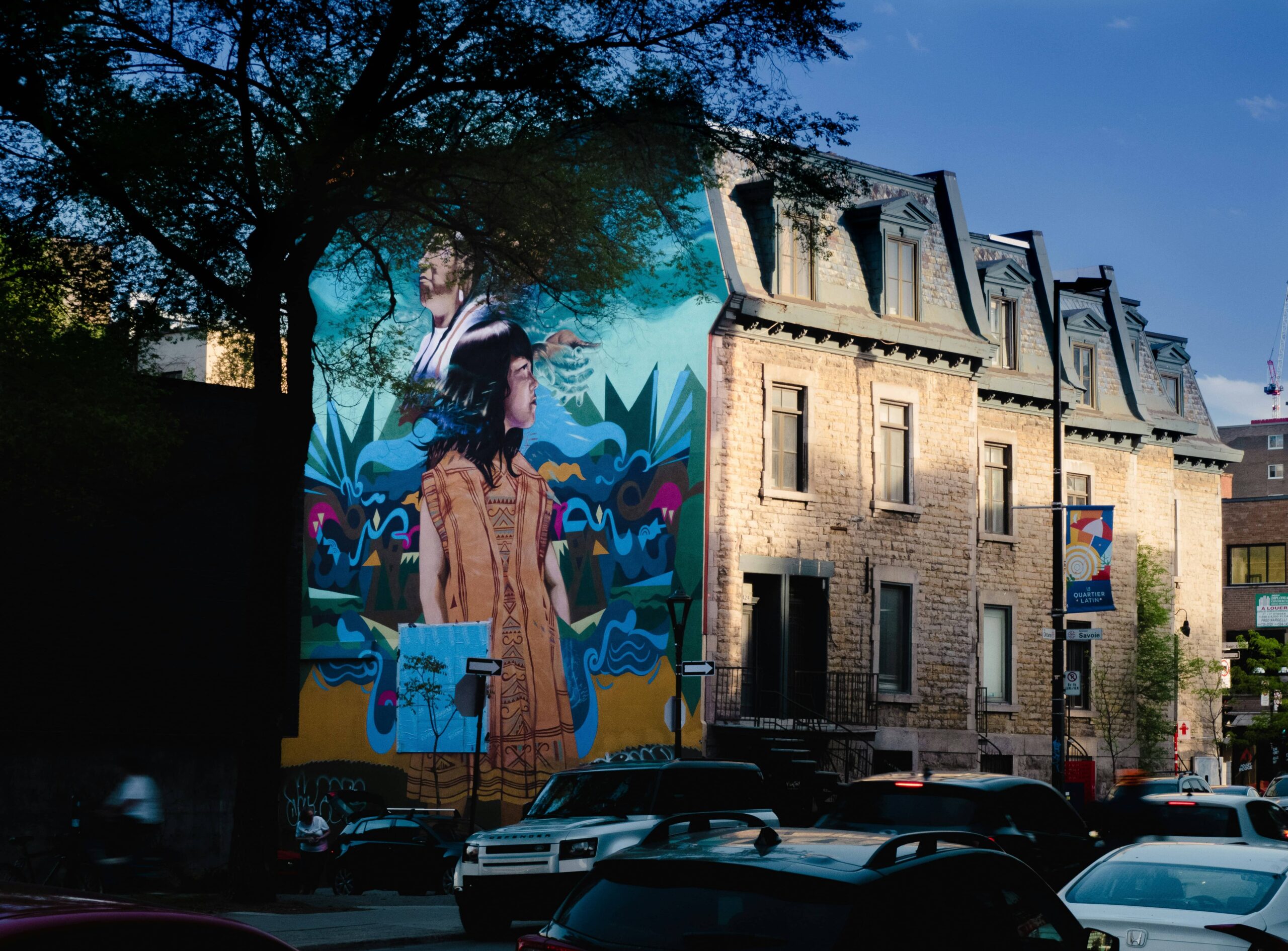
Net-zero carbon emissions in our operations and investments (2050 or sooner)
Given the scale and urgency of the climate crisis, and with Climate as a core focus area, we have committed to reaching net-zero carbon emissions in our endowment and in our operations by 2050. Our interim milestones align with the accelerated European Union objective of a 60% reduction in carbon emissions by 2030 and 36% by 2025. As a first step in this journey, we divested from fossil fuels in 2023.

